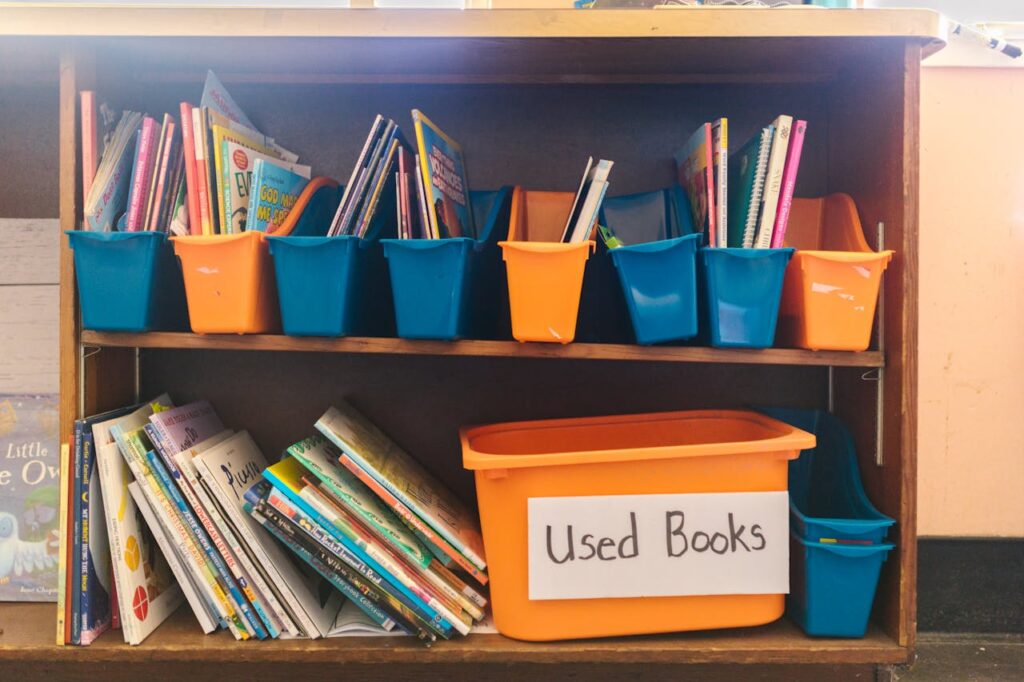New Plastic Packaging Tax Announced In The UK
The government’s Finance Bill is currently going through its parliamentary stages in the House of Commons. This Bill includes the Plastic Packaging Tax, which aims to increase the use of recycled content in packaging through a levy of £200 on all plastic packaging components that do not contain at least 30% recycled material. The British Plastic Federation (BPF) wholeheartedly supports this aim, and we have had positive discussions with the Government to ensure that the tax meets the intended policy objectives. However, there are still problems within the tax’s structure that must be addressed as part of the forthcoming parliamentary scrutiny of the Chancellor’s Finance Bill.
Can We Legislate Our Way Into Greener Pastures?
As it currently stands, the tax does not account for the regulatory barriers, technical challenges and supply issues that prevent the use of recycled content in packaging. In particular:
Taxing products based on how much recyclate they contain:
Current regulations – notably, in the food and cosmetics industries – mean that 25% of plastic packaging is incapable of incorporating 30% recycled content. Taxing companies in these cases would be unfair and is likely to result in extra costs for consumers, without an increase in the use of recycled content.
Poor availability of recyclates and lack of recycling infrastructure in the UK and Europe:
This could disadvantage SME businesses that may not be able to compete with larger brands able to secure recycled material.
Measuring recyclate:
Recycled content cannot be measured at a packaging item level, so a transparent worldwide certification system is needed. This is vital to prevent fraud and level the playing field for legitimate businesses adhering to the regulations.
We believe that it is both necessary and possible to address the current issues within the tax structure.
- Plastic packaging that is currently prevented from incorporating recyclates by regulations should be exempted from the tax, at least until innovations can provide regulatory approval.
- Recognisable international standards relating to recycled content must be used to prevent fraud and enhance competition.
- The definition of packaging in the Bill should be aligned with Packaging Regulations terminology to avoid confusion.
Benefits Of This Tax
At present, the UK exports 60% of plastics packaging waste and we believe that monies raised by the tax should be reinvested to address this. The Government itself estimates that £905m will be collected via the plastic packaging tax in its first four years, so there is a real opportunity to invest and create a world-beating recycling system for plastic in the UK. This would provide high-value, high-quality recycled materials for plastics and mean an increase in associated jobs and economic activity. Plastic packaging has one of the lowest climate-change impacts of all materials, while ensuring essential supply of food, drink, and healthcare products. The enemy is not plastic, it is mismanaged plastic waste, and the Bill offers an opportunity to address this. We remain in discussions with the Government and hope that MPs will support our position and seek to modify the design of the Plastic Packaging Tax as part of the ongoing scrutiny of the Finance Bill.








